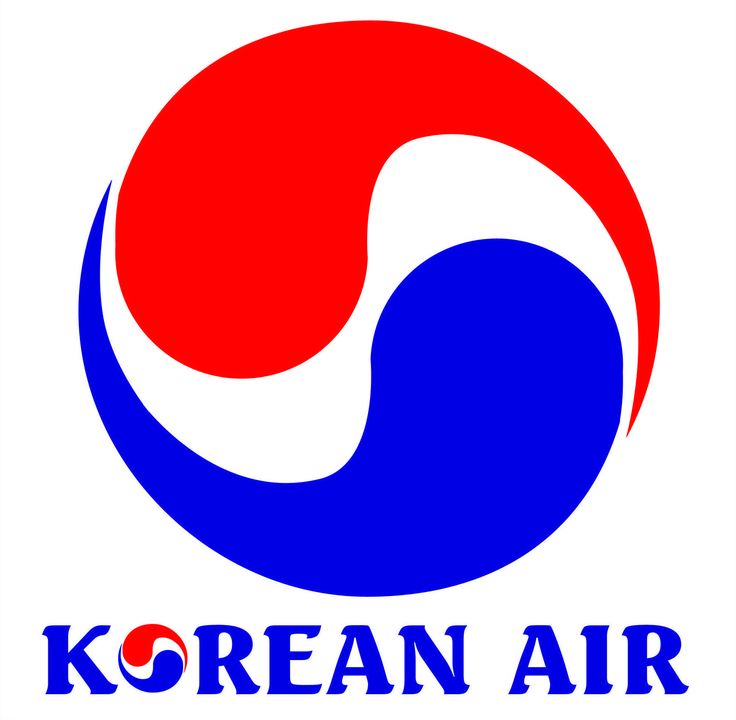Korean Air’s landmark acquisition of Asiana Airlines, valued at $1.3 billion (approximately 1.8 trillion won), marks a transformative moment for the aviation sector in South Korea and the broader Asia-Pacific region. The deal, finalized in December 2024 after prolonged regulatory scrutiny, aims to consolidate operations, improve competitiveness, and strengthen the global standing of Korean aviation.
Companies Involved
Korean Air: Founded in 1969, Korean Air is South Korea’s largest airline and a leading full-service carrier globally. It operates a robust international network across passenger and cargo segments, striving for innovation and service excellence. Korean Air is part of the Hanjin Group, a major South Korean conglomerate.
Asiana Airlines: Established in 1988, Asiana Airlines has been a key player in South Korea’s aviation industry. Known for its premium services and extensive route network, Asiana has faced financial challenges in recent years, exacerbated by the COVID-19 pandemic. This acquisition allows Asiana to stabilize its operations under Korean Air’s management.
Strategic Impact
- Market Position: This merger creates one of Asia’s largest airline groups, positioning Korean Air to better compete with regional powerhouses like Singapore Airlines and Cathay Pacific. Korean Air now holds a 63.9% stake in Asiana.
- Operational Synergies: The integration will streamline overlapping operations, enhancing efficiency and resource utilization. Asiana’s subsidiaries, such as Air Busan and Air Seoul, will merge under Korean Air’s budget brand, Jin Air, forming a dominant player in South Korea’s low-cost carrier market.
- Fleet and Network Expansion: With the combined fleets, the group boasts over 200 aircraft, expanding its reach across domestic and international routes while boosting its cargo capabilities.
- Challenges and Regulatory Compliance: The acquisition faced rigorous scrutiny from global regulators due to concerns about market dominance. Korean Air navigated these by addressing antitrust issues in key markets like the EU, US, and Japan.
Looking Ahead
This merger is expected to reshape the aviation industry in South Korea and beyond, creating new growth opportunities. By leveraging Asiana’s strengths and consolidating resources, Korean Air is poised to deliver better services, expand its network, and secure long-term profitability.
The integration is set to redefine standards for airline operations, making this a pivotal case study in the evolving dynamics of the global aviation industry. For travelers, it promises enhanced connectivity and improved service options in the years to come.

